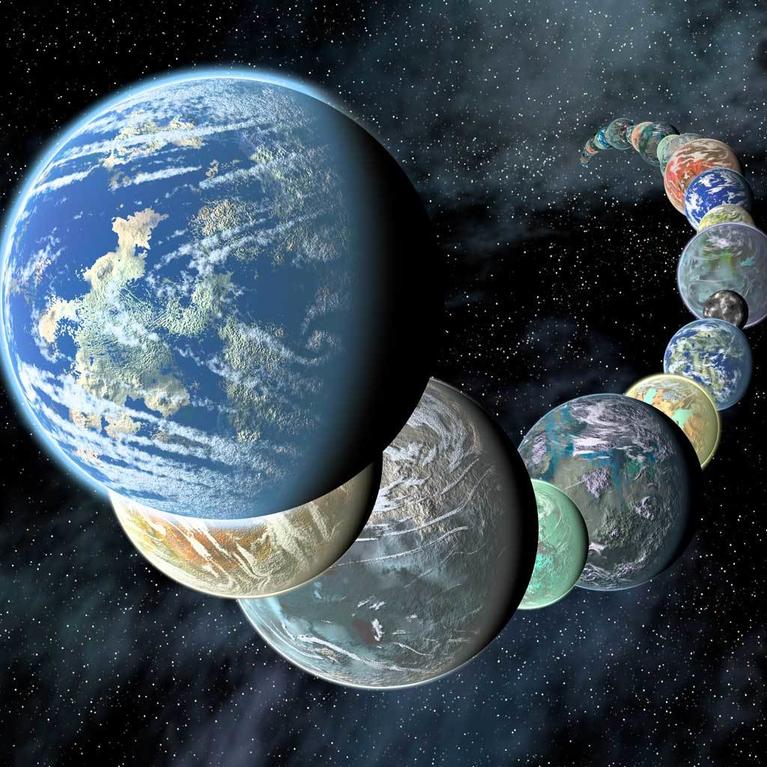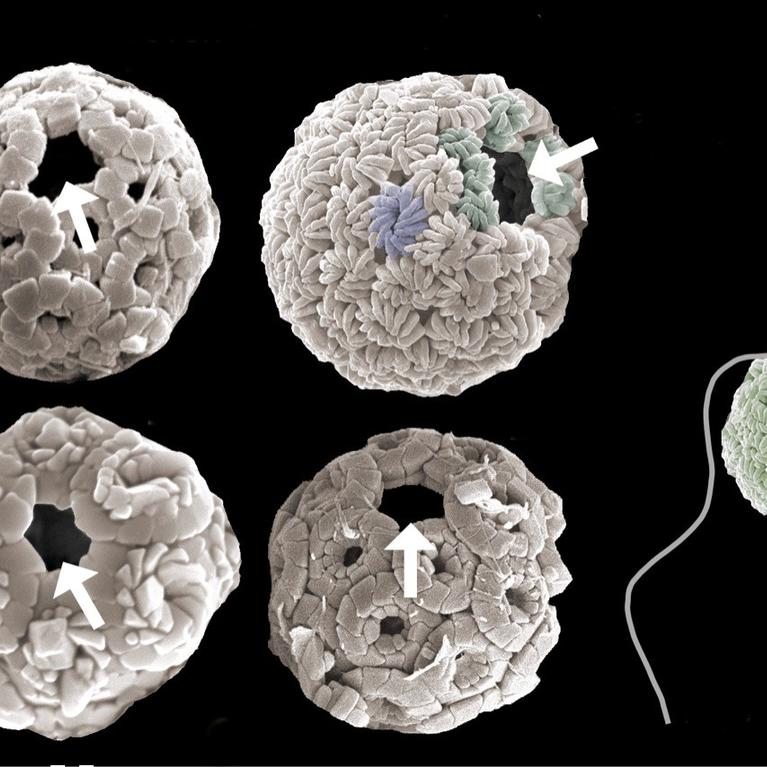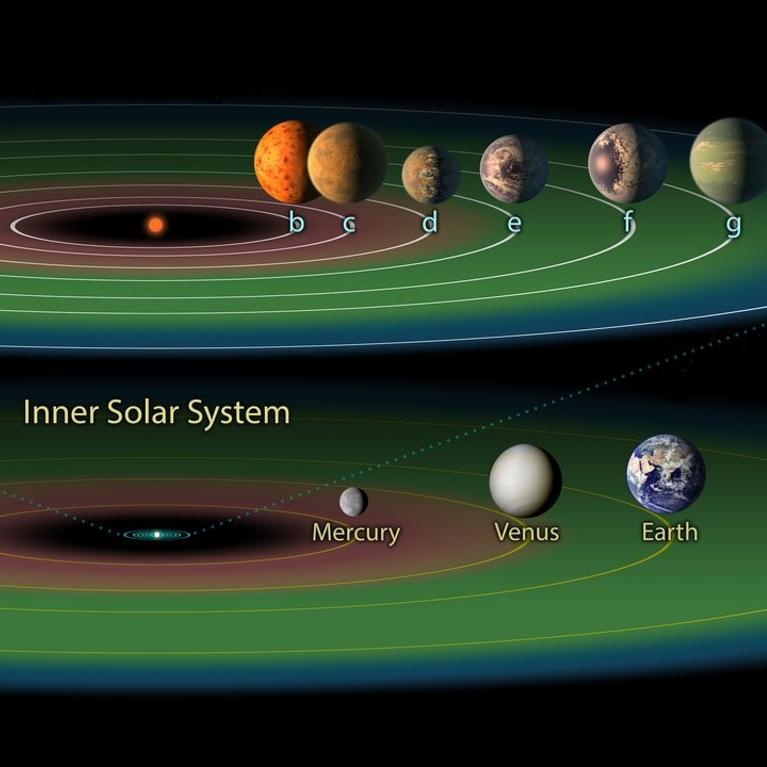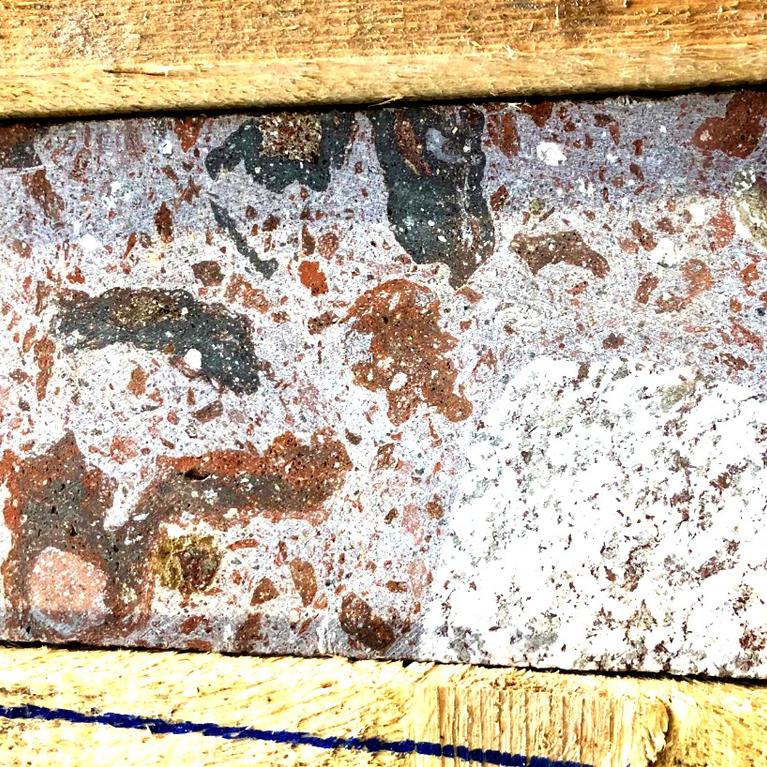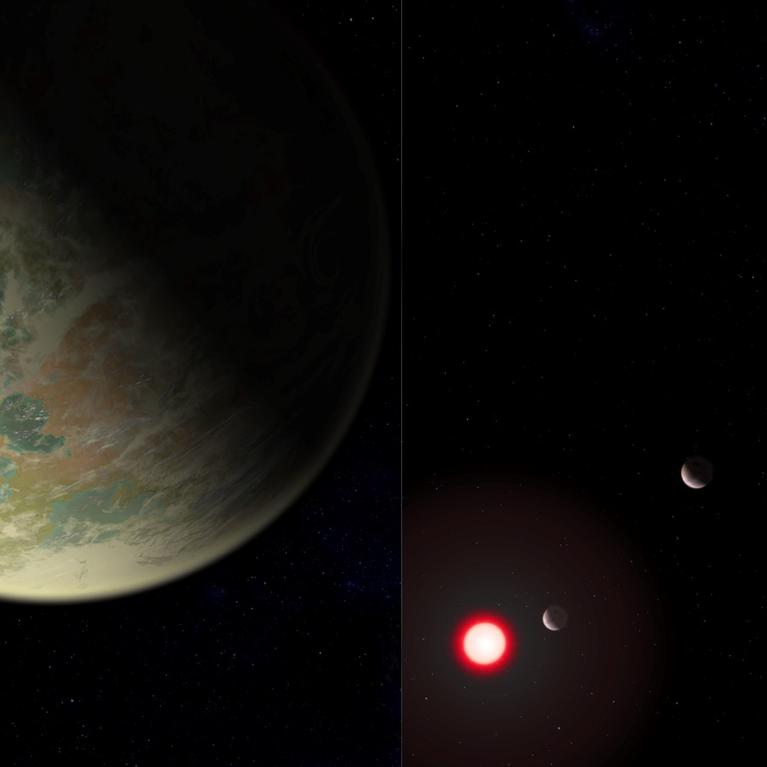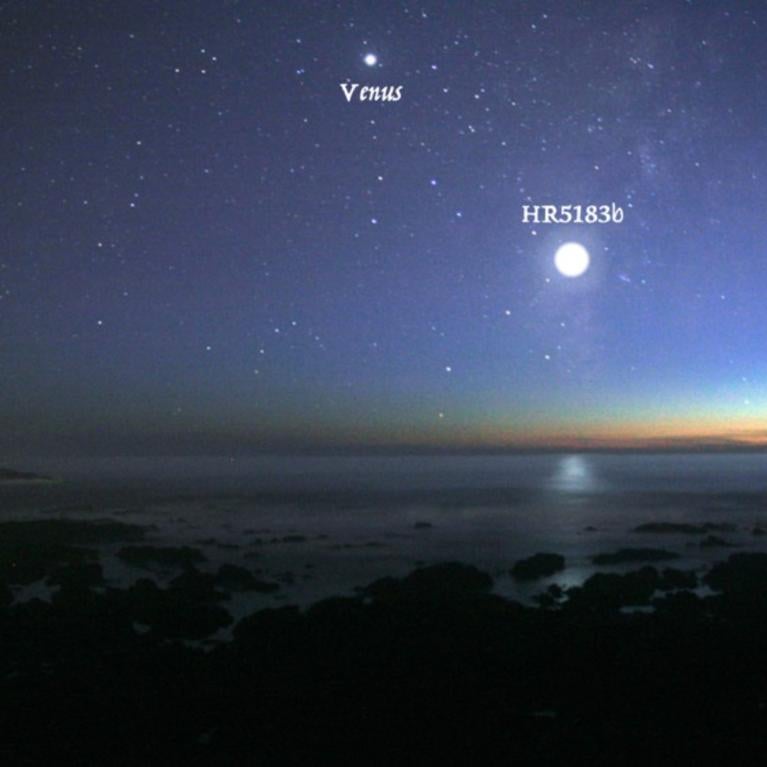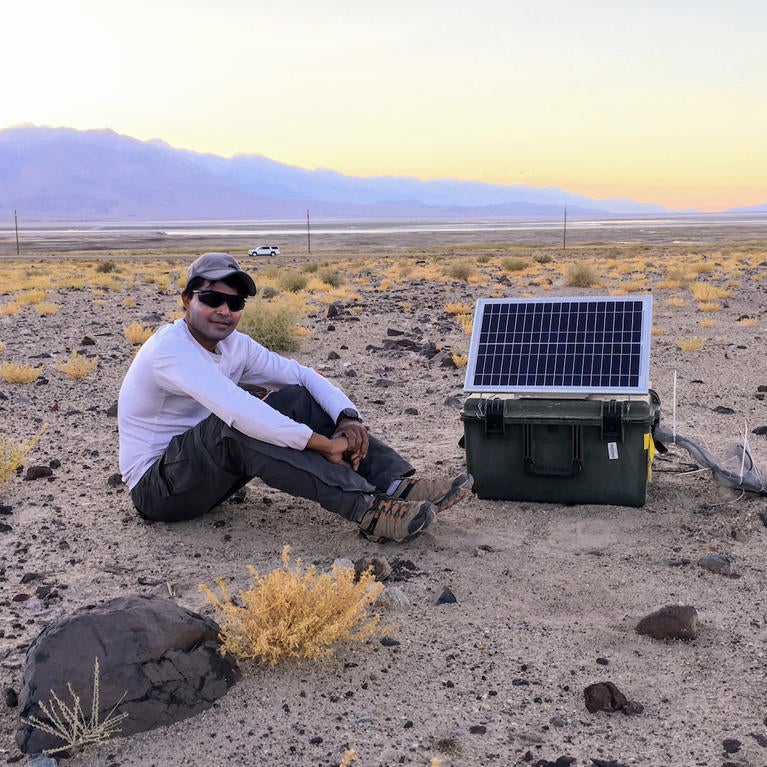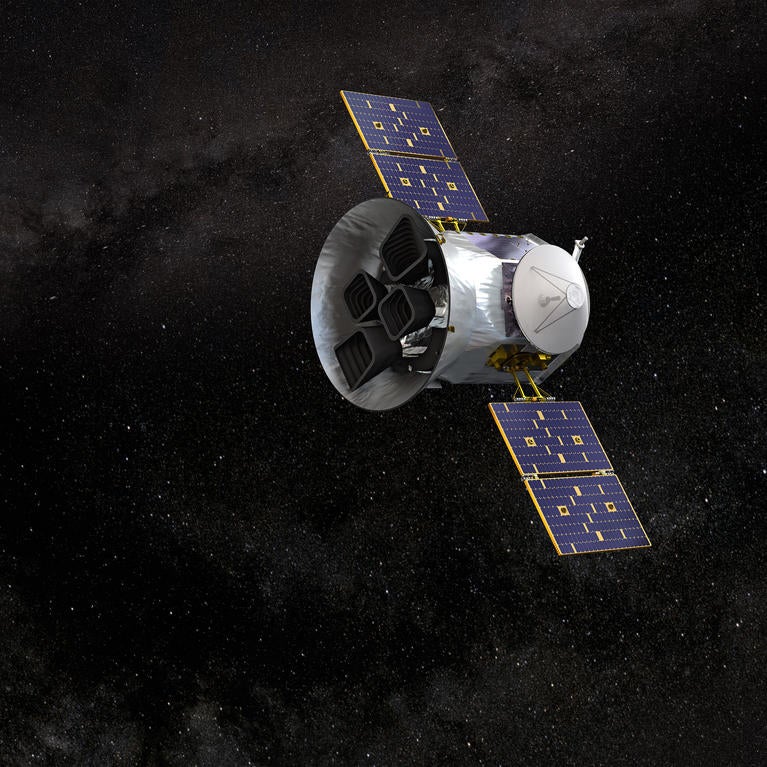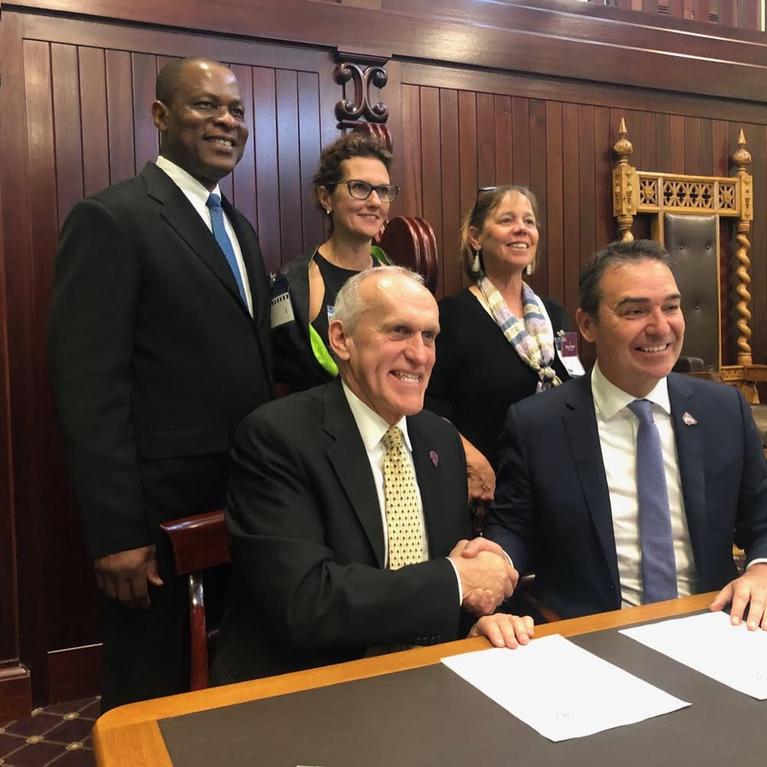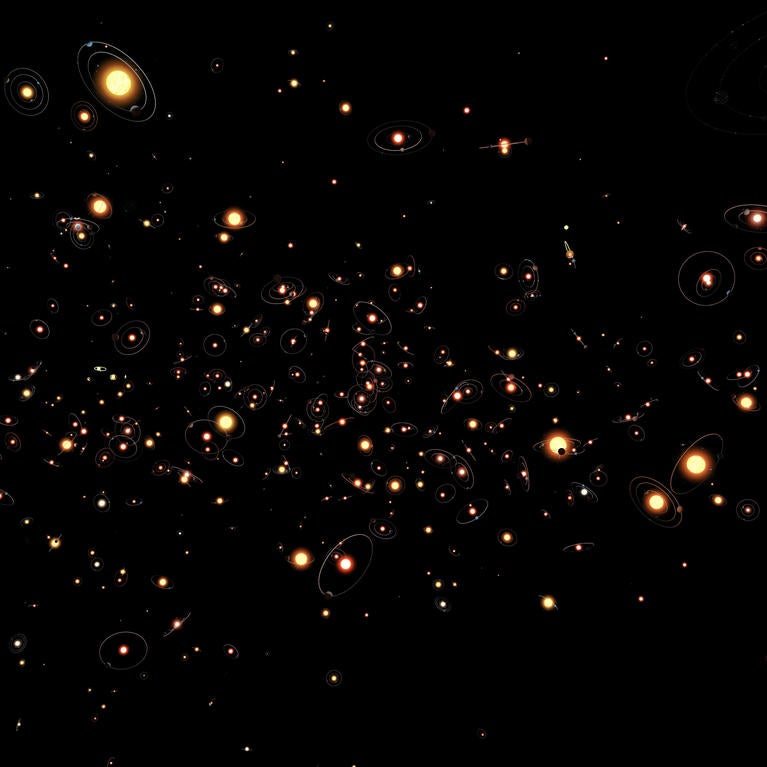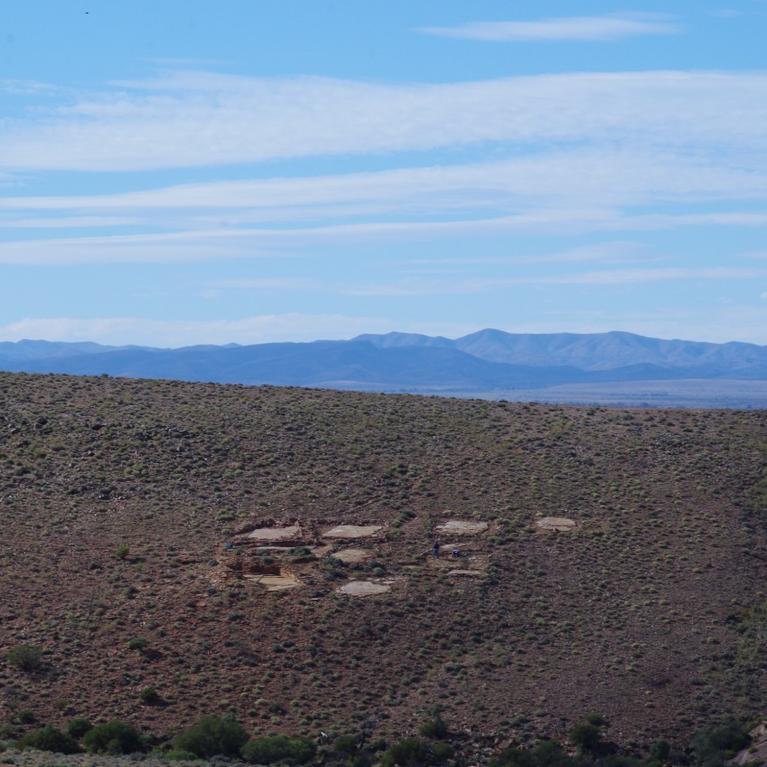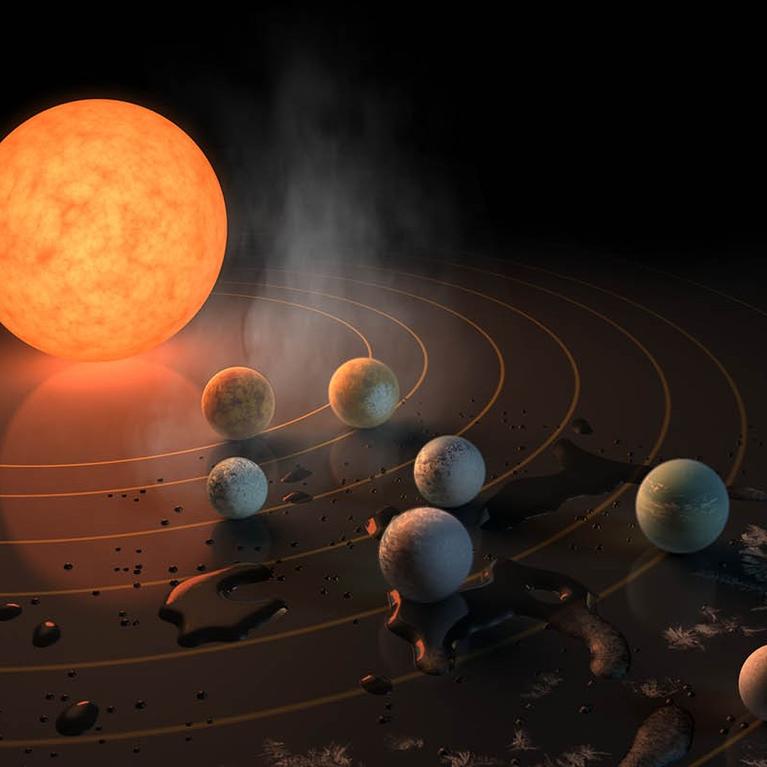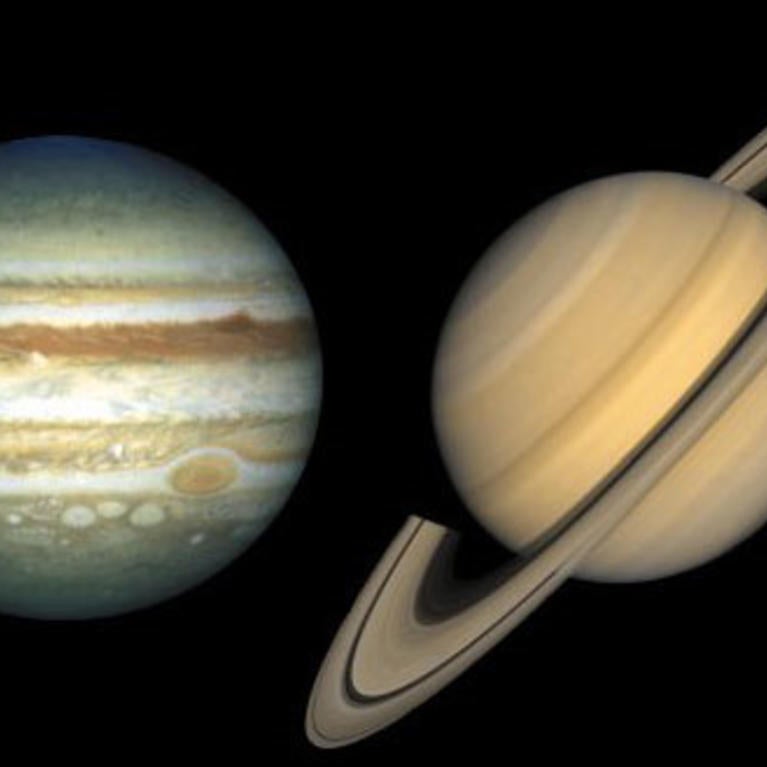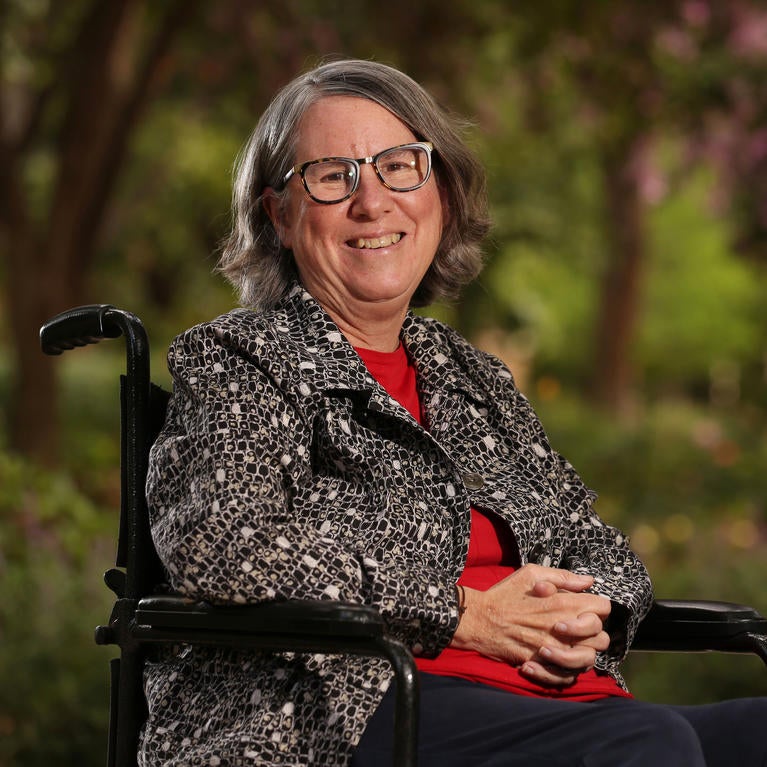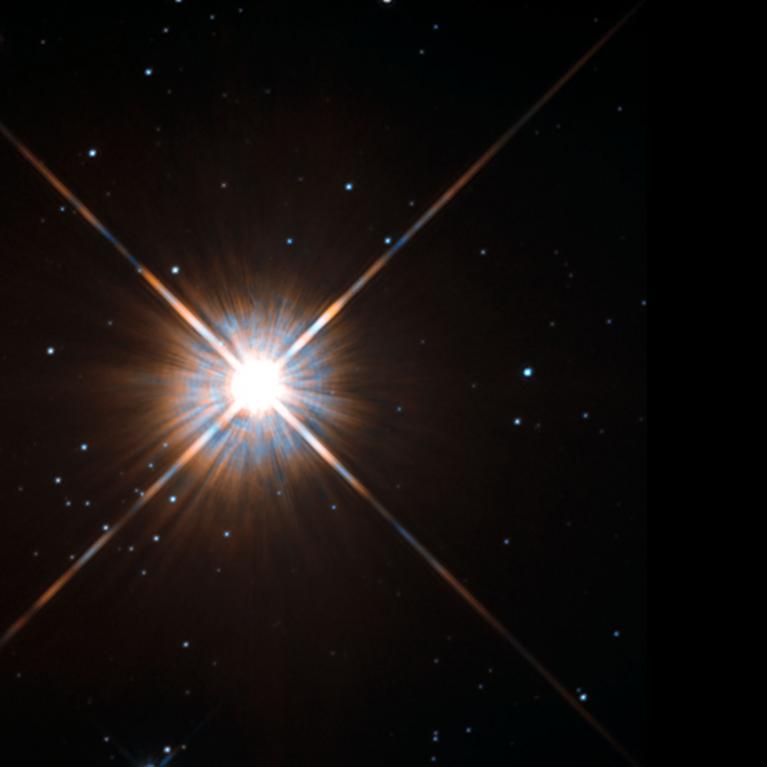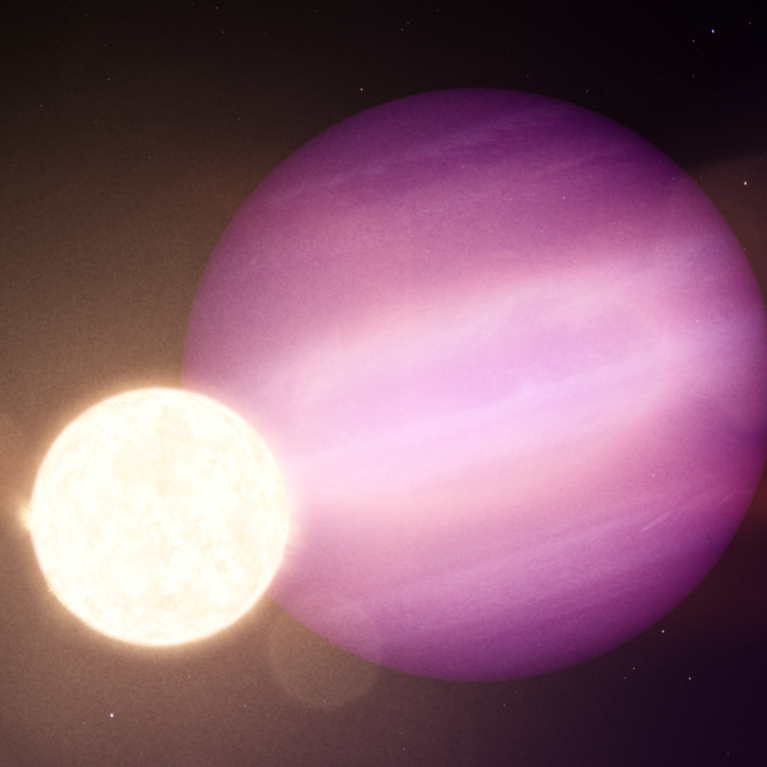
Newly discovered planet survived the death of its star
Astronomers report what may be the first example of an intact planet closely orbiting a white dwarf
By Holly Ober |
| Science / Technology
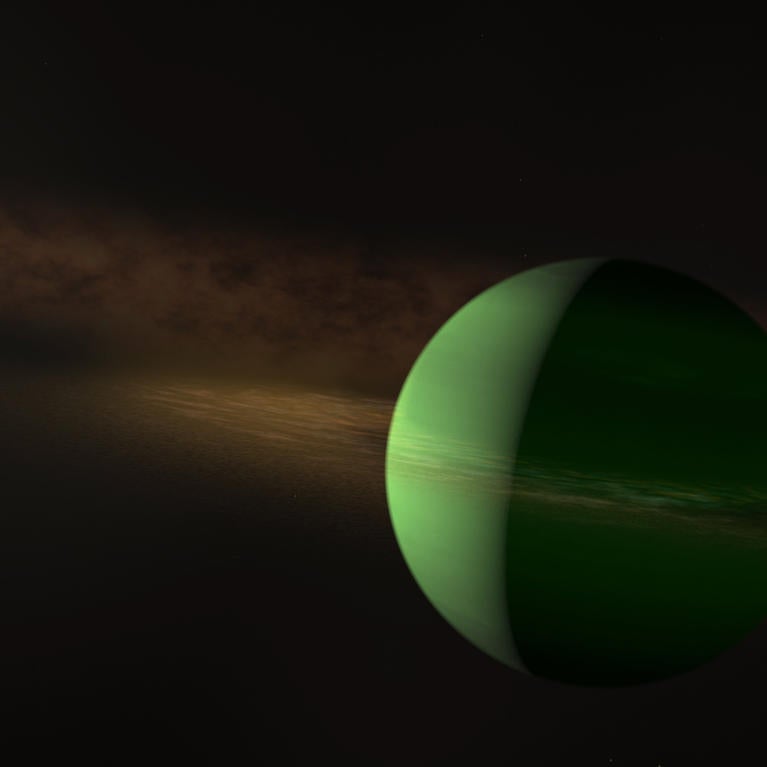
Newly discovered planet zips around baby star in a week
The discovery gives scientists a front seat to the earliest stages of planet formation
By Holly Ober |
| Science / Technology
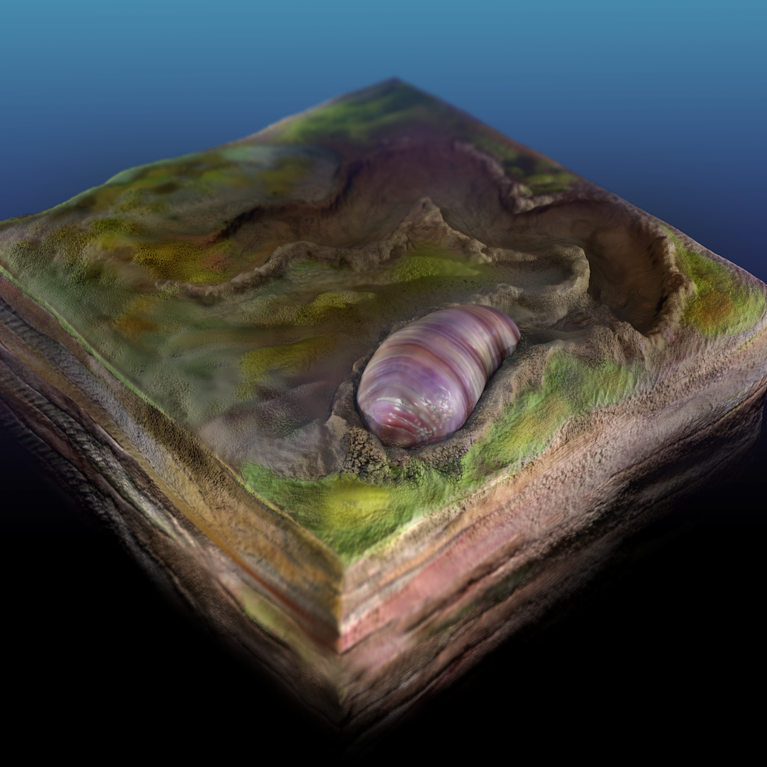
Ancestor of all animals identified in Australian fossils
A wormlike creature that lived more than 555 million years ago is the earliest bilaterian
By Holly Ober |
| Science / Technology
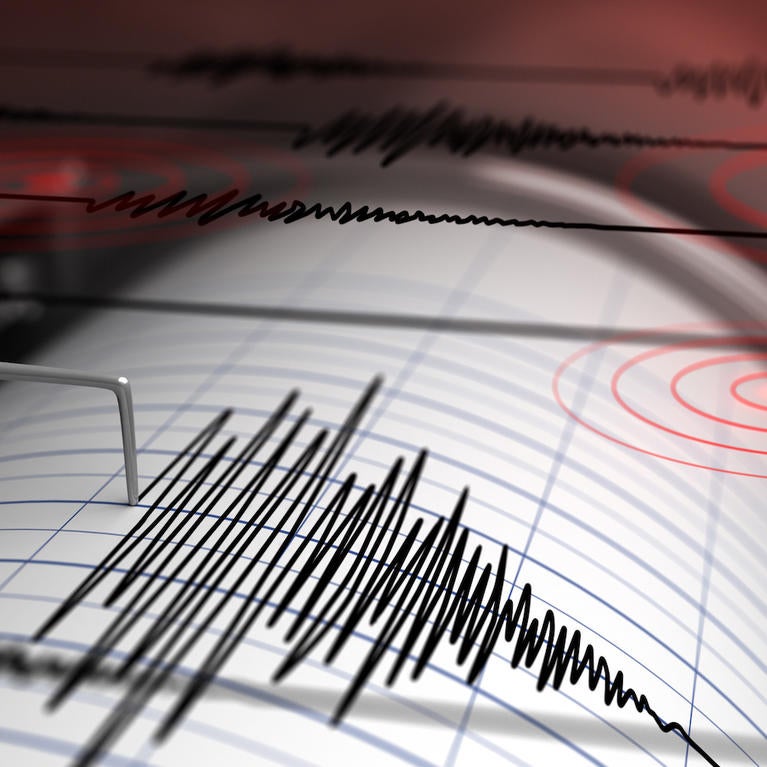
Earthquakes, chickens, and bugs, oh my!
New big data algorithms improve earthquake detection; monitor livestock health and agricultural pests
By Holly Ober |
| Science / Technology
